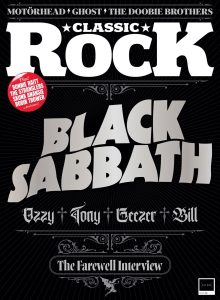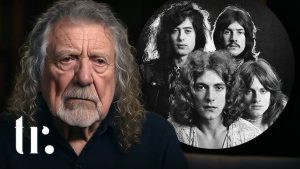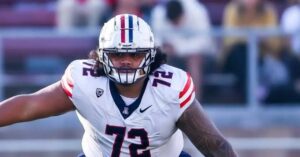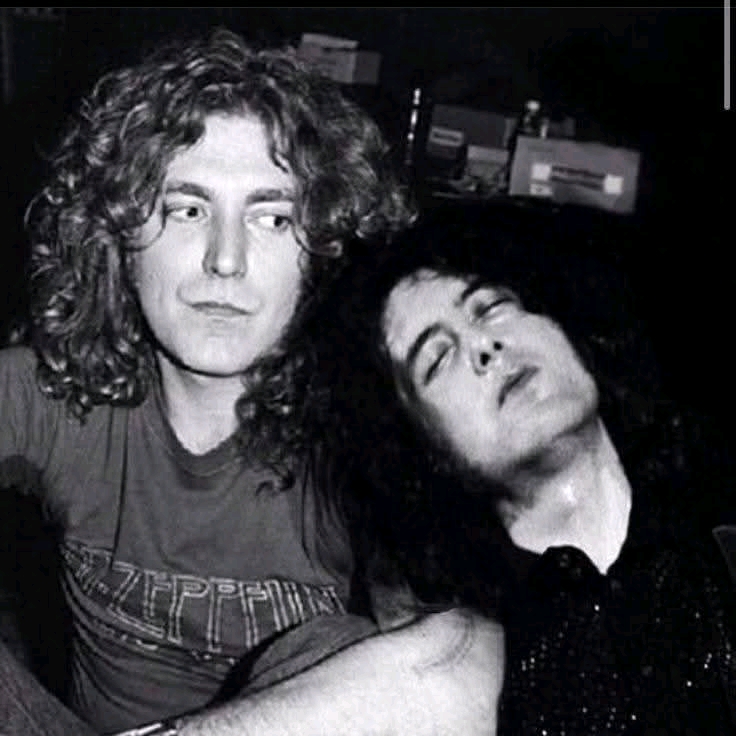
The Singers Jimmy Page Considered for Led Zeppelin Before Robert Plant
Before Robert Plant’s soaring voice became synonymous with Led Zeppelin, guitarist Jimmy Page was carefully searching for the perfect frontman to match his ambitious vision for a new rock band. Page, already a well-respected session musician and the final lead guitarist of The Yardbirds, knew that the vocalist would be a defining element of the group he was assembling — one that would go on to redefine the landscape of rock music. But Robert Plant wasn’t his first choice.
When The Yardbirds disbanded in 1968, Page retained the rights to the band’s name and set out to create what was initially dubbed the “New Yardbirds.” His goal was to put together a band of unparalleled skill, with an emphasis on musical innovation, blues-rock foundation, and raw power. But to do that, he needed a charismatic and powerful singer — a voice capable of expressing the emotional range and dynamic fury Page envisioned.
One of the earliest names considered was Terry Reid, a young British singer with a powerful voice and growing reputation. Reid was highly regarded in the late 1960s and had even supported the Rolling Stones and Cream on tour. Jimmy Page offered him the vocalist position in what would become Led Zeppelin. However, Reid declined, as he was already committed to tour dates with the Rolling Stones and was on the cusp of launching a solo career. Still, Reid played a crucial role in shaping Zeppelin’s future — he recommended a young singer from the Midlands with a raw, bluesy style: Robert Plant.
Another name that surfaced during Page’s search was Steve Marriott, frontman of Small Faces. Marriott had the vocal chops — a soulful, gritty, and explosive style that could have fit Page’s musical direction. However, the idea was quickly dismissed. Marriott was already locked into his role with Small Faces, and his manager was known for being particularly protective, even reportedly threatening physical harm if Page tried to poach Marriott.
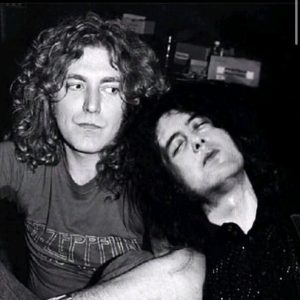
Page also considered Steve Winwood, a musical prodigy and a dynamic vocalist who had made a name with the Spencer Davis Group and later Traffic. Winwood’s soulful and technically gifted voice intrigued Page, but Winwood was both deeply invested in his own projects and not entirely aligned with the heavy, blues-driven approach Page was gravitating toward. His style leaned more toward jazz, R&B, and progressive rock experimentation.
Donovan, the folk-rock artist behind hits like “Sunshine Superman” and “Mellow Yellow,” was also a name tossed around — but more in creative circles than as a serious contender. Page had collaborated with Donovan on sessions, and while Donovan’s ethereal style and songwriting sensibility were admired, he was not considered a fit for the powerful, primal energy Led Zeppelin would embody.
There were also murmurs about Chris Farlowe, a British blues and soul singer known for his powerful voice and work with The Thunderbirds. While Farlowe was respected for his vocal range, he didn’t fully align with the new sound Page was crafting. The chemistry, attitude, and onstage magnetism he sought in a frontman simply weren’t there.
It wasn’t until Page took Terry Reid’s advice and saw Robert Plant perform that things fell into place. Plant’s dynamic range, stage presence, and passion for blues music made an instant impression. Even more fortunately, Plant introduced Page to drummer John Bonham, sealing the beginnings of Led Zeppelin’s classic lineup.
Though Robert Plant is now inseparable from the identity of Led Zeppelin, Jimmy Page’s process of finding the perfect vocalist was meticulous. His choices revealed a clear artistic vision: he wanted a voice that could channel blues, explode with energy, and mesmerize audiences. In the end, Plant was not Page’s first choice — but he was undoubted
ly the right one.
